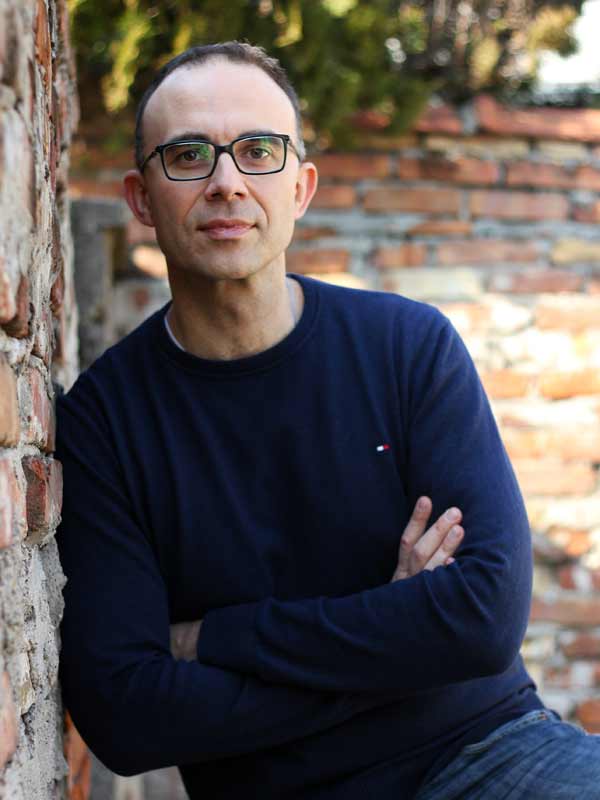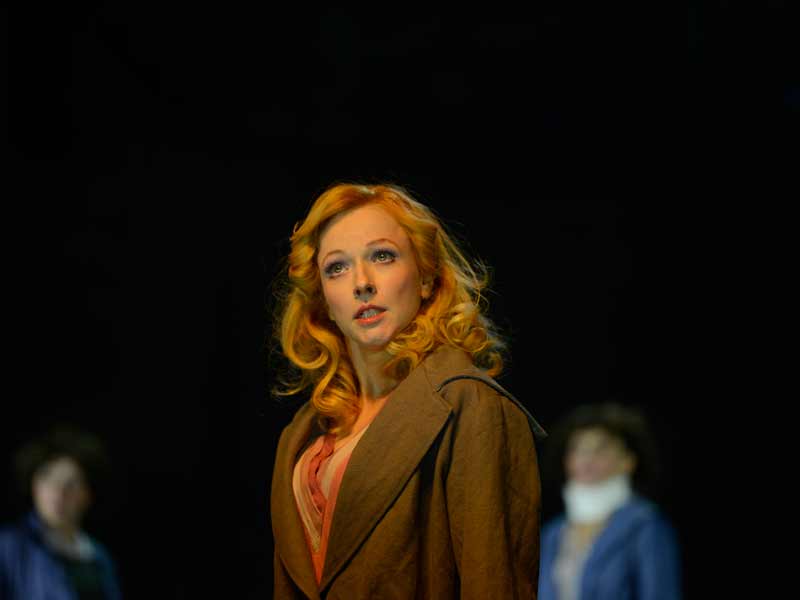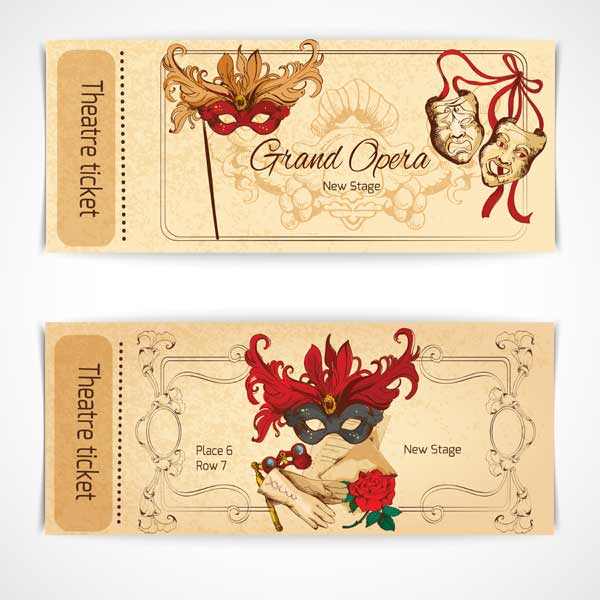You liked the movie. Superbly directed and perfectly shot. The filming locations were cleverly selected. The music is amazing. The photography, too. However, these are elements that we notice and comment later on because we’re first wowed – or not – by the script, the story, and the acting.
Every motion picture is backed by a massive machine. The average viewer takes notice of two things – the story and the acting. Does the story line hold water? Is it intriguing? How many times did they break into laughter or sweats? A story is good only if it’s well told!
Writing a story is a lengthy and mentally demanding process. Long stretches of time can pass
between the inception of a good idea and the end product. The story can go through dozens
of drafts until it reaches its final version. Sometimes the story’s main focus changes during the writing process — the writer realizes that the material should deal with a different theme.
Writers search out the right choice of words, choosing those that will most accurately describe a particular situation, emotion, or trait of one of the characters.
We, as consumers, don’t see any part of this process. Because the screenwriter’s job is to pull us into the magical world they created. Their writing should make us believe that we are part of that world. That WOW! effect is a result of the mixture of writing and acting. We talked about these mixtures with Neven Novak, MA Screenwriter, and Natasa Tapuskovic, actress.
What does “good story” actually mean?
Most definitely good entertainment and quality time. But some other things, as well. It tells us about the story’s power to manipulate our emotions, making us believe in the world and
characters that don’t exist, because – even when it’s based on real events – a good story is not identical to the life it tells. It is a metaphor of that life and tells it through the cause and effect sequences of carefully selected events in order to trigger the targeted emotions in us.

It tells about credible world of story that, based on clearly specified laws and possibilities, helps us understand everyday life and the world we live in. It tells about the story’s protagonist and its will to press on towards the goal despite the risks, defeating the main villain and every other obstacle that a good story sets before him. It tells about the narrative structure that has enabled us to recognize the universal human destiny that, regardless of its original place and time, travels through different cultures, helping us to discover or re-examine our humanity within good stories and conflicts between their characters.
Finally, it tells us about ourselves and our willingness to sympathize with others and see the world through a different lens.
What makes a good story?
Conflict
The lifeblood of a good story. Conflict means that all the entire story line is based on one
or all levels of conflict: man against man; man against the environment (natural or any
other disaster); man against himself or herself; man against society.
Stakes and risks
The conflict must be accompanied by high stakes and risks that can consequently jeopardize all or one of the basic human needs – life, security, love, etc.
The protagonist or the main hero
The character that makes the story possible. Someone that we can relate to and that has the capacity to press on towards their goal no matter what.
Story line structure
A set of carefully selected events from the lives of characters that are linked through cause and effect with the intention to trigger the targeted emotion in the viewer.
Main character transformation
Every good story ends with the main character turning into a different person than the one from the beginning of the story. If this change doesn’t happen, the story probably shouldn’t have even been there in the first place.
Neven Novak
A story’s interpretation is as important as its quality. Think about it – good acting is the acting you don’t

– good act actually notice. Authentic behavior under fictional circumstances. Paul Newman defined acting as absorbing other people’s personalities and adding some of your own experiences. That is how a good actor breathes life into the story’s magic, while convincing you that what’s happening on the screen or stage is real. Serbian actress of screen and stage, Natasa Tapuskovic, told us a bit about how an actor can recognize a good story and tell it to the audience.
What’s the first thing you think or do when you read a good script?
At first I’m happy that there is a good script to begin with… If I have been offered a role, I feel joy and gratitude that I have an opportunity to be part of that story. This is soon followed by my own personal questions about the director’s perspective that will be used to tell the story. I try to open up to align myself with the exact perspective that the director will employ. These are all fancies that pop up at first sight.
How does an actor recognize a good story?
Every actor probably has their own special mechanism to detect a good story. I’d say that it’s what we all recognize as ourselves, our own experience. Something that we can defend
and that makes the story more familiar. Although, a good script has to appeal to any actor…
How does the actor tell the story?
The actor moves into the story through their character. They infuse their character with their imagination, memories, emotional world – their presence in a very particular state of aggregation. All so that they can use other people’s words – which become their own in the meantime – to tell the main story.
How often and when are parts of the script changed or modified during the filming?
Some actors have a tendency to adjust their lines to better fit them. That makes them comfortable in their performance. They modify the line to make it more their own. I’m not so much the type because I enjoy the uncertainty of being able to make the line, which is of someone else’s world, become absolutely mine. This transmutation is extremely exciting for me – it’s like I turn into a channel for the lives of those within me that I might have neglected at the time. When we were working on Fassbinder’s transcript of Why Does Mr. R. Run Amok?, which the eponymous play relied on, we had a truly unusual and creative experience. The director gave me the option to translate a dialogue scene’s text into a monologue, and then, relying on the same event, expand it at least four times. It was very inspiring… And, of course, completely authentic in its interpretation, because it came from my previously clearly
defined position of the character.
Do you think that it’s an advantage to have the screenwriter also acting in the film?
I think that it can be, but not necessarily…
What do you think is most important in the screenwriter’s and the actor’s working
together?
If they have a chance to work together while the script is still being written, which would mean that the screenwriter is writing a certain role for a specific actor or actress, mutual help and inspiration can be really significant. The actor’s perspective is always more on the subjective side. This subjective reality should remain distinct within the broader picture of the script, which has more characters, which together with the set designer, the cinematographer, and the director create this brand new world. That’s why interaction is incredibly beneficial.
Milica Novak










































 Srpski
Srpski English
English